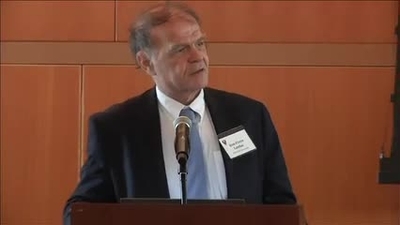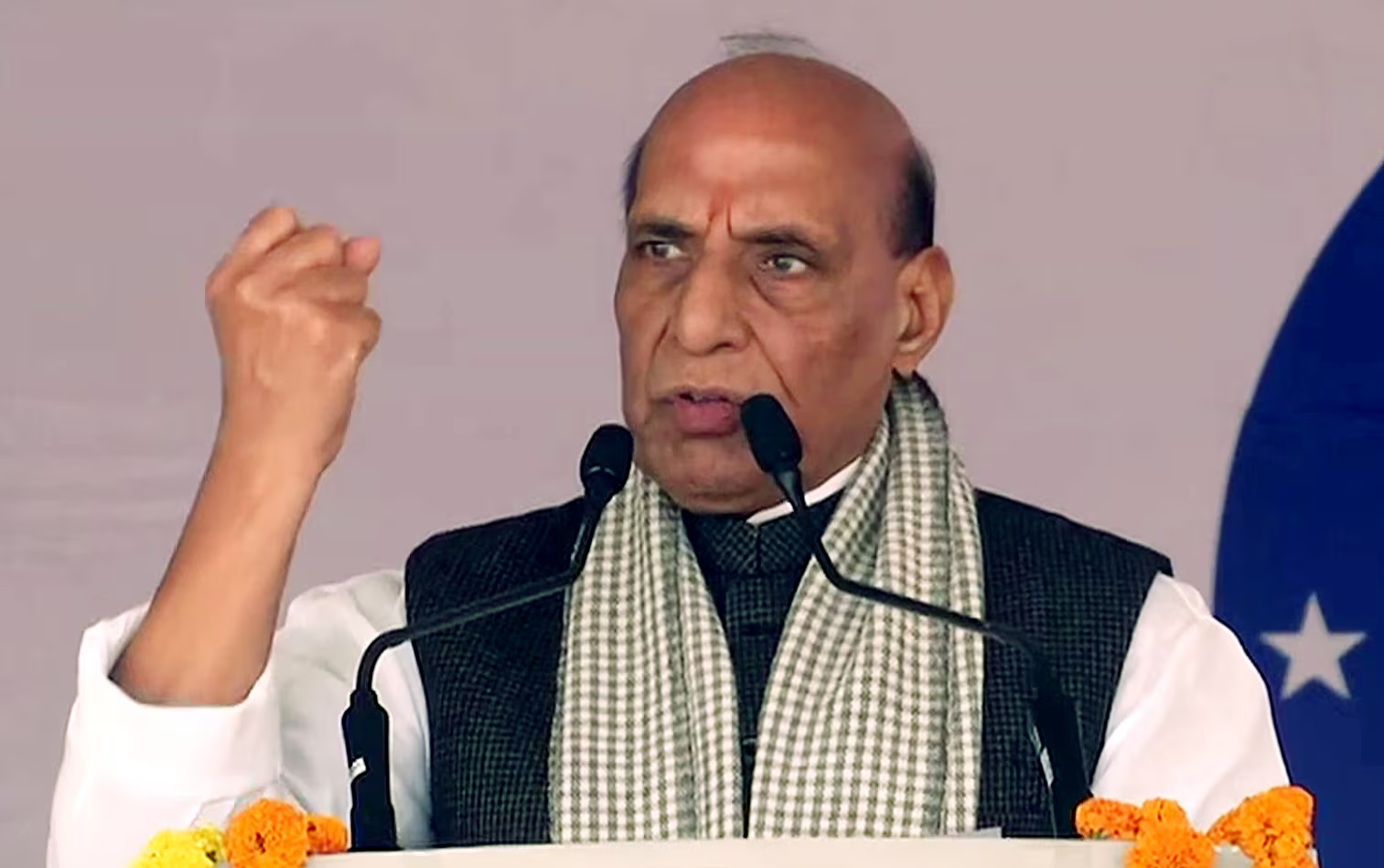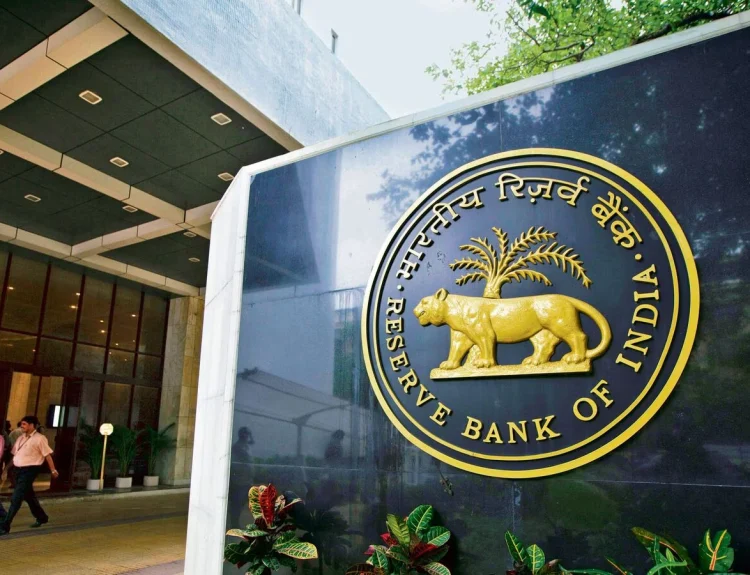India is in a great position to benefit from global manufacturing changes, especially with the challenges China is currently facing. According to Jean-Pierre Landau, an economics professor at Sciences Po in France, India can see strong growth if it focuses on improving education, increasing productivity, and raising the skill levels of its workforce.
Landau highlighted that India has all the growth drivers that China had 20 years ago. A key factor for India’s success will be improving education. He pointed to South Korea’s experience, where education played a huge role in their economic rise. Landau also praised India’s service sector, saying it is making a positive impact on the economy.
In an interview with The Indian Express, Landau also mentioned India’s advanced payment systems, which he believes could become a model for other countries. However, India still faces big challenges, including poverty and the need to improve its education system.
Global Trade and Protectionism
One of the biggest challenges for India’s future growth is the rise of global protectionism, where countries focus on protecting their own economies and industries. Even Europe, which used to support free trade, is now focusing more on climate issues, sometimes in ways that hurt international trade. Indian leaders, like Commerce Minister Piyush Goyal and Finance Minister Nirmala Sitharaman, have criticized some of these European policies, such as the Carbon Border Adjustment Mechanism (CBAM), saying they could harm trade.
Landau warned that the shift away from free trade could be dangerous for the global economy, especially for developing countries like India.
China’s Economic Changes
Landau also talked about how China’s role in the global economy has changed in surprising ways. When China first joined the World Trade Organization 20 years ago, it was expected to fully support global economic systems. Instead, China has often resisted these systems, which has been a challenge for other countries.
For India, rising imports from China have been a big issue, with imports exceeding $100 billion in 2024. While China’s size and expertise help its growth, Landau believes that China still lags behind the U.S. in terms of technology and innovation.
Landau also expressed doubts about China’s recent economic stimulus efforts. While these measures make sense, he isn’t sure they will be enough to fully restore confidence in China’s economy, especially after the impact of COVID-19.
Inflation and Interest Rates
Landau praised how Western countries have managed to reduce inflation quickly after the COVID-19 pandemic. However, this has created challenges for countries like India, especially in terms of exports. High inflation has slowed down investments in India, particularly in labor-intensive industries like textiles and jewelry.
Real interest rates in advanced economies remain high, which could be a concern for future growth. Landau also pointed out that global savings rates are dropping, and the world is seeing record levels of debt. This could cause future problems, especially when it comes to financing climate initiatives.






